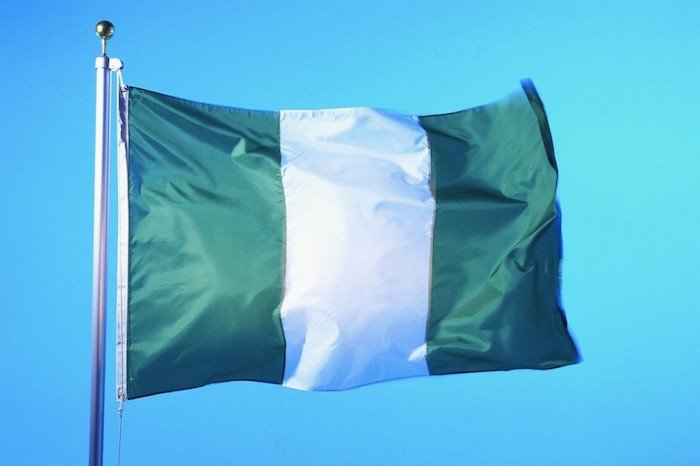The Monetary Policy Committee (MPC), of the Central Bank of Nigeria (CBN), has voted to retain the Monetary Policy Rate (MPR) at 11.5%.
This was disclosed by Governor, CBN, Godwin Emefiele while reading the communique at the end of the MPC meeting on Tuesday 23rd March 2021.
Highlights of the Committee’s decision
- MPR retained at 11.50%
- The asymmetric corridor of +100/-700 basis points around the MPR
- CRR was retained at 27.5%
- While Liquidity Ratio was also kept at 30%
The members of the committee voted to hold the parameters constant having had a consensus that Nigeria’s inflation is substantially a supply side phenomenon. Hence, the need to continue to focus on consolidation of the recovery process.
According to the communique released by the apex bank, the actions that would consolidate the recovery process include stimulating output growth, create employment, while also putting effort to moderate the inflationary pressure.
Considerations by the MPC
In its consideration of whether to tighten, hold or loosen, the Committee felt that with inflation at a 3-year high and price stability being the Bank’s core mandate, a contractionary policy stance may be required to tame the rising trend.
- It however considered that tightening will hike the cost of capital and hamper investments required to create employment and continue to boost recovery.
- Also, loosening the policy stance would lower rates and improve access to credit which will drive investment, reduce unemployment and stimulate aggregate demand.
- On the flip side, it feels that loosening will create excess liquidity, which will intensify demand pressure on the foreign exchange market, thereby leading to further depreciation in the currency.
- It, therefore, voted to retain the current parameters, which encourages the CBN to continue to use its various intervention mechanisms to deploy liquidity into employment generation and output stimulating sectors of the economy.
In terms of funding, the Committee noted that the Bank has disbursed funds under its various agricultural interventions towards improving food supply in Nigeria.
The Committee noted the disbursement of ₦107.60 billion to 548,109 farmers cultivating 703,619 hectares of land between Q4 2020 and Q1 2021 to boost dry season output in support of agricultural value chain development.
Outlook for the economy
According to Emefiele, the medium-term outlook for both the domestic and global economies indicates cautious optimism.
- It is, however, premised on the expectation of sustained policy support and successful deployment of the COVID-19 vaccines around the globe and its effectiveness in ensuring herd immunity.
- Available data and forecasts for key macroeconomic variables for the Nigerian economy suggest a further rebound in output growth for the rest of 2021. This is according to the Governor of CBN.
What this means
The CBN’s move to retain the benchmark interest rate at 11.5%, indicates the bank’s continued effort to stimulate the economy by improving access to loans whilst hoping to increase productivity.

















































